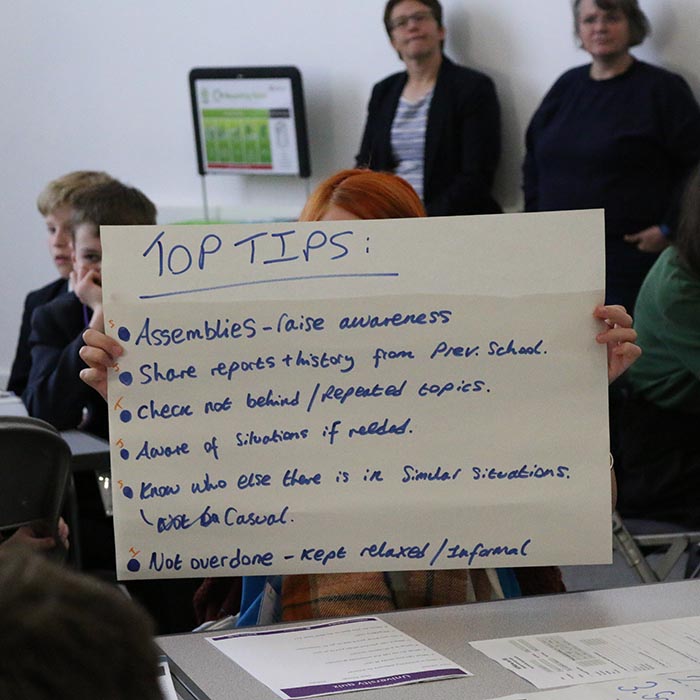.jpg)
The University of Winchester’s continuing efforts to improve the education prospects of children of service families are highlighted in the latest Armed Forces Covenant.
The work of the SciP (Service Children’s Progression) Alliance founded and funded by the University is acknowledged in the latest version of the covenant, issued every year.
It points to research carried out this year into the potential impact of mobility and separation on access to higher education in England. These findings, outlined in a report entitled Under the Radar, allowed the Office for Students (OfS) to identify Service children as an at-risk group and universities to include them in plans for targeted support.

SCiP Alliance’s Thriving Lives Toolkit continues to grow in schools across the UK, with schools that cater for more than 20,000 Service children now engaged.
Funding from the Naval Children’s Charity has led to 50 new cases studies of effective practice, aligned to the toolkit.
Armed Forces Covenant funding is also supporting new research into the impact of Armed Forces life on children from birth to age five and in higher education.
Research findings will underpin the creation of support toolkits for early years providers and universities and, with the existing schools’ toolkit, will result in a package of support for service children from birth through to the age of 25.
SciP Alliance has also worked with UCAS (Universities and Colleges Admissions Service) to change its polices around Service children and has then championed the changes.
UCAS has introduced a new flag that will immediately identify to universities and colleges whether an applicant is from a UK Armed Forces background . This flag will be generated by students ticking a box on the UCAS application form.
A recent UCAS blog states: “It is a clear sign to universities that children from Armed Forces families deserve additional attention; recognising that many Armed Forces children have a unique set of experiences and personal skills that are highly valuable in academic and employment settings.
“Of course, it also enables universities to consider applications against the context of some of the more challenging aspects of Armed Forces life. For example, admissions teams will be able to assess students’ achievements in spite of potentially higher-than-average numbers of school transitions or significant and repeated periods of parental separation. This will help universities see individual students’ potential, rather than only the black and white of examination grades.”
The news from the Armed Forces Covenant and UCAS were presented at the Alliance’s annual conference in November.
Minister for Veterans and People Alistair Carns addressed the conference via video link congratulating the Alliance on their work.
Director of the SciP Alliance, Philip Dent, said: “The Service Children’s Progression Alliance is all about enabling its large and diverse community to improve the lives of children of serving and ex-Armed Forces personnel.
“The Armed Forces Covenant 2024 report captures some of the scale and depth of the community's work. Whether through the collaborations between hundreds of allies in our 12 Hubs hosted by more than 20 generous hosts, or the 20,000 Service children supported by schools using our Thriving Lives Toolkit, partners throughout the UK and overseas combine their efforts and expertise to do together what they cannot do alone."
Back to media centre